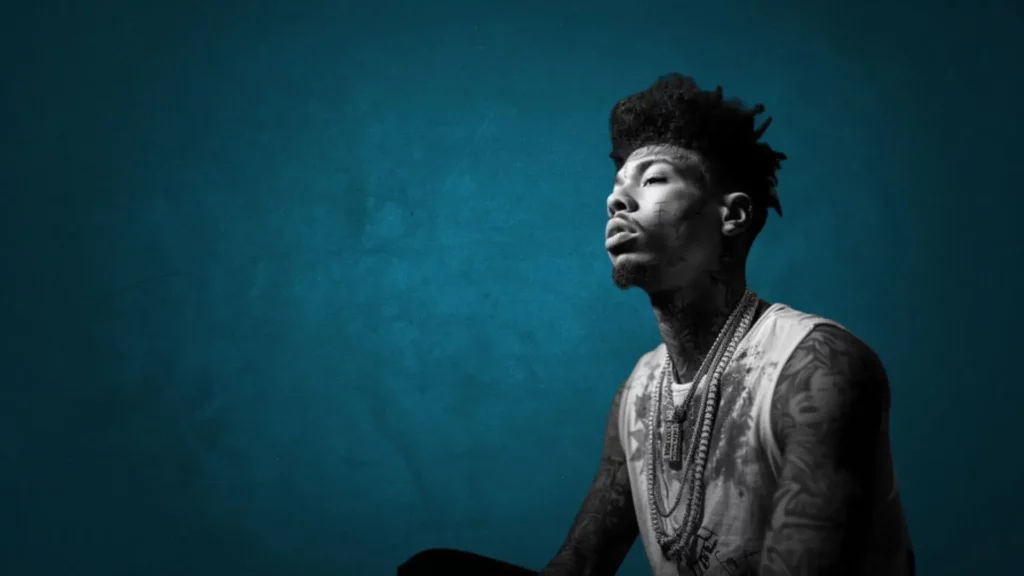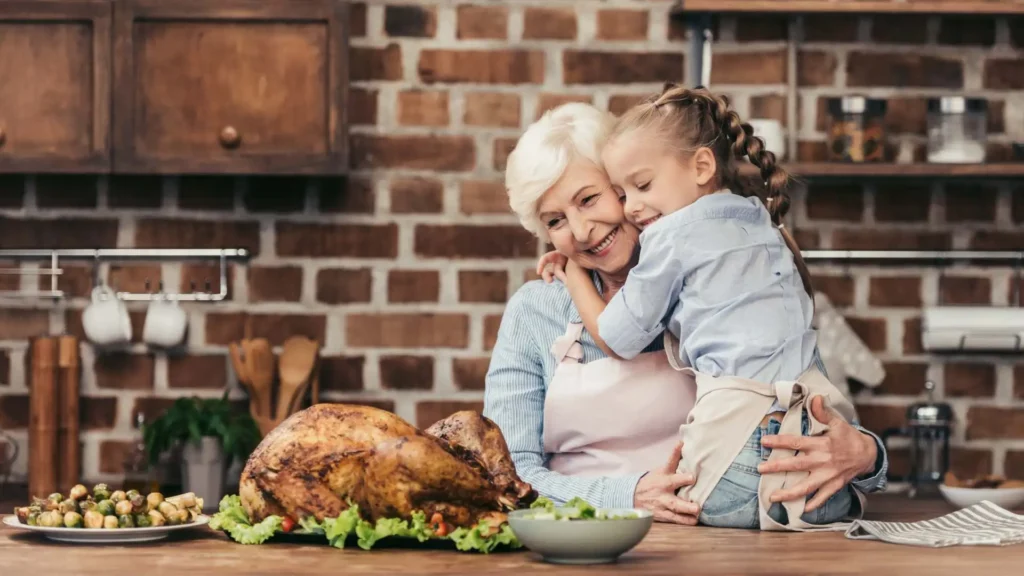As Halloween approaches, the air fills with spooky stories, haunted houses, and costume parties. However, beyond the candy and haunted houses, there’s a fascinating world of superstitions that can offer practical financial insights. To this day, almost every Halloween-related custom and superstition has been passed down from generation to generation. It’s interesting to note that these Halloween superstitions can provide us with helpful financial savings advice, allowing us to spend less money on special events that are full of fun.
This article discusses how Halloween superstitions could save you money and the best plans in which we can participate in the celebration without incurring any substantial financial losses. Let’s uncover how some Halloween superstitions can help you make smarter financial choices, ensuring your budget isn’t haunted this season.
The Origins of Halloween Superstitions
Halloween’s roots are tied to ancient Celtic festivals, particularly Samhain, which marked the end of the harvest season and the beginning of winter. People believed that the boundary between the living and the dead was blurred on this night, leading to various superstitions aimed at warding off evil spirits. Understanding these origins can help us appreciate how they still resonate in today’s culture.
Popular Halloween Superstitions and Their Meanings
Common superstitions include avoiding black cats, not breaking mirrors, and carrying a lucky charm. Each superstition carries a lesson in caution and mindfulness. For example, believing that breaking a mirror brings seven years of bad luck may encourage individuals to be more careful with their finances to avoid misfortune.
Financial Lessons from the Legend of Stingy Jack
The legend of Stingy Jack serves as a cautionary tale about being clever with your resources. Jack, a trickster who was denied entry to both heaven and hell, was condemned to wander with only a carved turnip for light. This story reminds us to manage our finances wisely and be resourceful, especially during festive seasons when spending can spiral out of control.
How Superstitions Influence Spending Habits
Superstitions can have a significant impact on our behavior. For instance, people may overspend on decorations or costumes to avoid bad luck or maintain appearances. Recognizing this can help you take a step back and assess your spending, allowing you to enjoy Halloween without the guilt of overspending.
The Cost of Avoiding Bad Luck: Superstitions and Savings
Avoiding bad luck often leads to unnecessary expenditures. Whether it’s purchasing “protective” items or overspending on elaborate decorations, these actions can quickly add up. To combat this, set a budget for your Halloween celebrations and stick to it, regardless of the superstitions that might tempt you to spend more.
Modern-Day Financial Implications of Halloween Myths
In today’s society, many people still hold on to Halloween myths that can lead to financial pitfalls. For example, some believe that spending more on decorations or elaborate costumes equates to a better celebration. This mindset can drain your wallet. Instead, focus on simple, creative solutions that allow for festive fun without breaking the bank.
Tips for Saving Money While Embracing Halloween Superstitions
- Set a Budget: Determine how much you’re willing to spend on decorations, costumes, and treats.
- Be Resourceful: Use items you already have at home to create decorations, avoiding unnecessary purchases.
- Shop Smart: Look for sales or buy second-hand items to save money on costumes and decorations.
- Focus on Experiences: Instead of material items, plan activities that create lasting memories with friends and family.
Read more: Why We Wear Costumes on Halloween and How to Save on Yours This Year
Conclusion
It’s possible that some people would argue that Halloween is a ridiculous holiday (we don’t agree with them!). But the truth is that the customs around it teach people important lessons about being thoughtful and resourceful. When we are aware of how these concepts will influence our tendency to pinch pennies, we will be able to observe the holiday in a manner that is both significant and financially savvy. In order to avoid falling into the trap of overspending, our enthusiasm for the Halloween spirit must be free of superstition. While taking financial wisdom from Halloween superstitions, you can check out Beem to manage your money better.
FAQs
What are some popular Halloween superstitions?
There are various myths surrounding Halloween. Some popular superstitions include avoiding black cats, not walking under ladders, and carrying lucky charms to ward off bad luck.
How can Halloween superstitions impact my spending habits?
Yes, there might be chances that Halloween can impact someone’s spending habits. Superstitions may lead people to overspend on decorations or costumes to avoid bad luck or to impress others.
What financial lessons can be learned from Halloween myths?
Yes, there are many financial lessons to be learned from Halloween myths. Many Halloween myths encourage resourcefulness and caution, teaching us to manage our finances wisely and avoid unnecessary expenditures.




























